(DISCLAIMER The idea for this post comes from this post on r/ china, and I am sharing it with the permission of the original poster. The original post is about China, but I think the concept can be applied to any non democratic country.)
So, here is the idea: to create a dapp (and maybe a DAO?) that would allow citizens of non democratic countries to vote online for the candidates and/or parties that they would want to see rule their country.In order to avoid persecution from the authoritarian regimes, the dapp would need to provide a system to screen the identity card of each voter for authenticity (and to avoid double voting) while protecting anonimity. It would need to make it impossible for anyone to see the IDs (either by encrypting the data or by deleting it and only saving the information needed to avoid double voting). I am no expert, but I think of something like what the SHA 256 algorithm does for Bitcoin.
To be clear: the goal is not for the new elected government to be able to rule the country, but rather to deligitimize the dictatorship.
For this to work it is essential that the elections are transparent and all citizens and parties from the country for which the elections are held are allowed to participate, including the ruling party, which should be formally invited to participate in the elections.
I will now paraphrase the original post which explains how this system could be used to delegitimize a non elected authoritarian government (I partially modified the text to remove the references to China).
Let's analyze three possible scenarios:
1. The ruling party refuses to participate in the elections. This is arguably the most likely scenario. It also means that someone else would win the elections, and since these elections would be the only free democratic elections held for the country, those who won them would be able to claim to be the legitimate government of that country. This could in turn be used as an argument against those who say that the ruling party has the support of the population, as is the case in many authoritarian regimes. “You have it? Very well, then participate in the elections! You missed this opportunity? Please leave your power to the winners and come back in -n years for the next elections.” For this to work it is of course extremely important for the elections to follow the highest standards in terms of fairness, transparency, and that the vote is secret.
2. The ruling party participates in the elections and wins. By doing so, it would legitimize the system, making it more official. The party would have to run for office again after -n years to be able to keep claiming to be the legitimate government of the country.
- The ruling party participates in the elections and loses. It legitimized the system and through the system it lost its legitimacy as the rightful government of the country.
If a system like this were to be established, no matter the reaction of the ruling party, this would be bad for them. If they openly criticize or attack the elections, more people will know about it and more people will likely vote. If the don't criticize or attack it, they are partially legitimizing it with their silence. If they covertly attack it and are exposed (which is likely to happen if the attack is serious), they show their weakness and lack of confidence.
(end of the quote from the original post)
Of course there is another possible outcome: the project does not get enough attention and not enough people vote or run for office to make the system useful as a political weapon against the authoritarian regime.
Okay, now let me ask: do you think blockchain technology could/should be used for something like this? We can imagine a dapp for every non-democratic country which would allow the citizens from that country to voice their political opinion, which they cannot do in their own country. Or maybe there could be a single dapp that run the elections for the different countries separately.
And should this system be organized as a DAO? Would there be advantages in doing that?
I think making the system independent, decentralized and run by an algorithm would make it more resistant to blackmailing and censorship.
Do you thing it would be a good idea? Would anyone be interested in working on this to make it a reality?
I don't know the answers to these questions myself, but I think the topic is worth discussing. Generally speaking, I think that the potential political uses of blockchain technology (and more specifically DAOs) is still not fully understood, and it is barely discussed compared to some of its other practical applications. After all, Bitcoin was originally created by a libertarian, and true economic freedom cannot exist without political freedom.
[link] [comments]

You can get bonuses upto $100 FREE BONUS when you:
💰 Install these recommended apps:
💲 SocialGood - 100% Crypto Back on Everyday Shopping
💲 xPortal - The DeFi For The Next Billion
💲 CryptoTab Browser - Lightweight, fast, and ready to mine!
💰 Register on these recommended exchanges:
🟡 Binance🟡 Bitfinex🟡 Bitmart🟡 Bittrex🟡 Bitget
🟡 CoinEx🟡 Crypto.com🟡 Gate.io🟡 Huobi🟡 Kucoin.
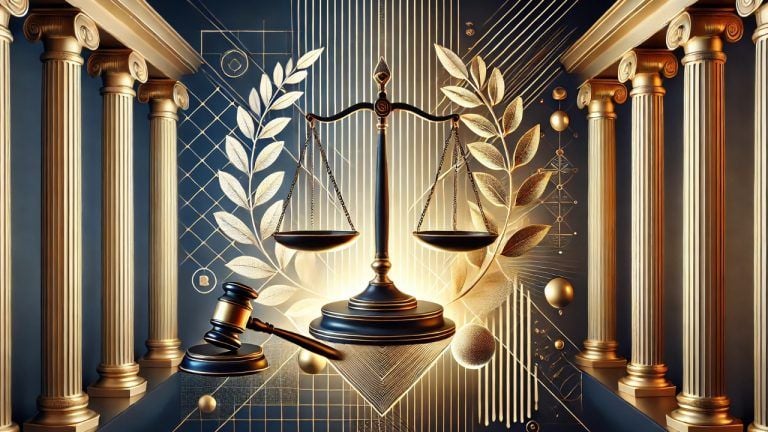

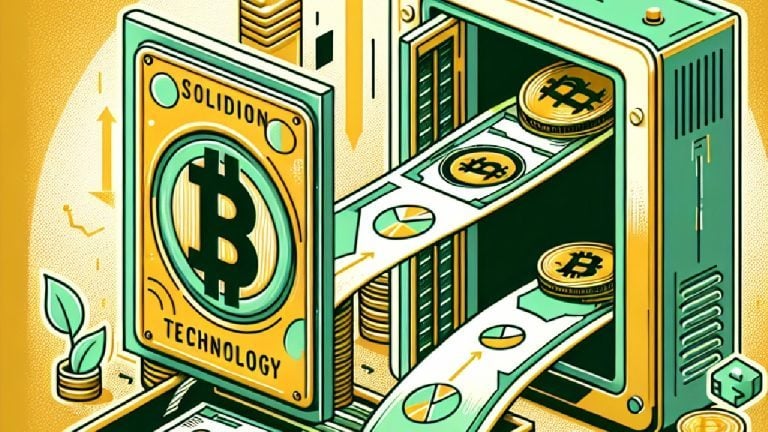


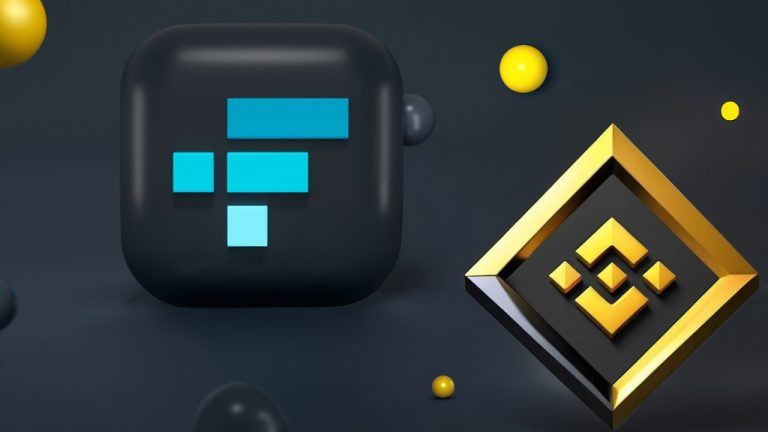
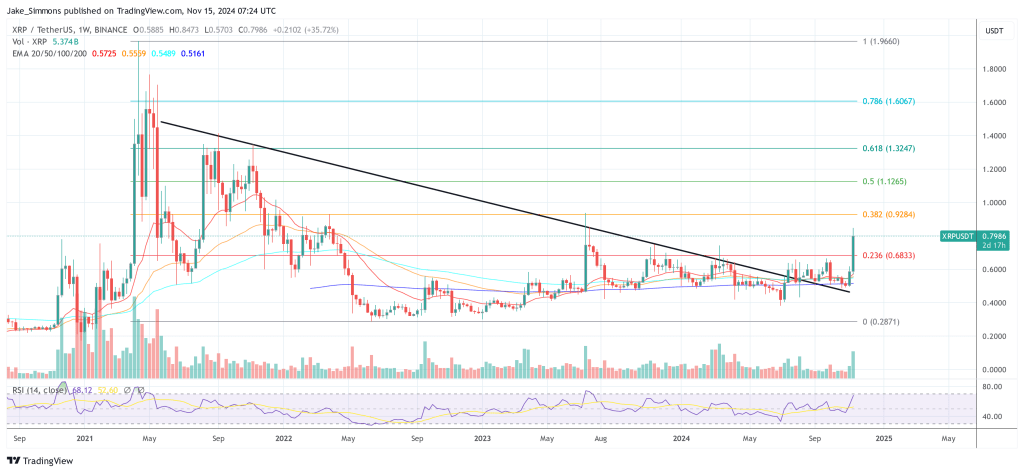

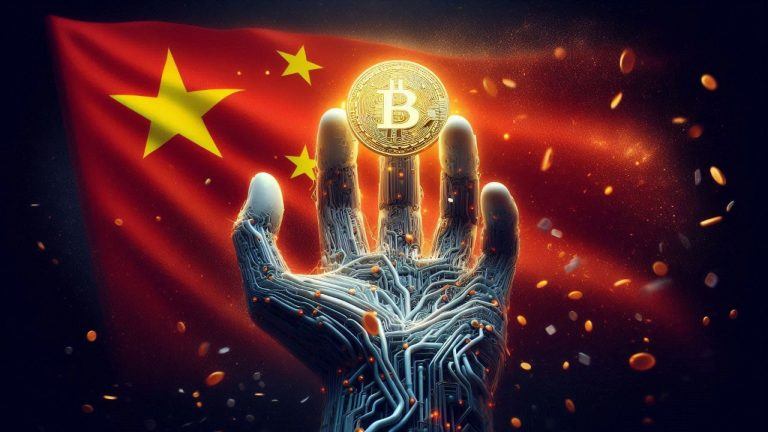





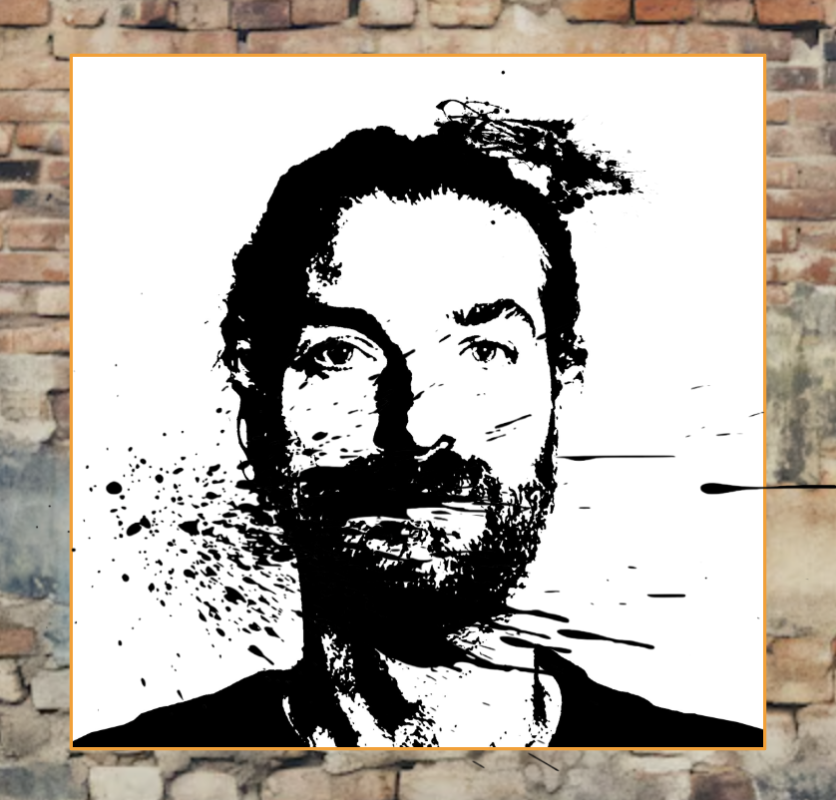
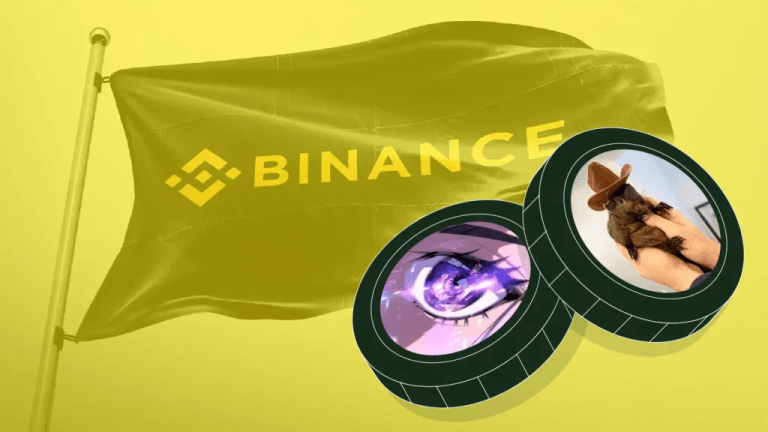
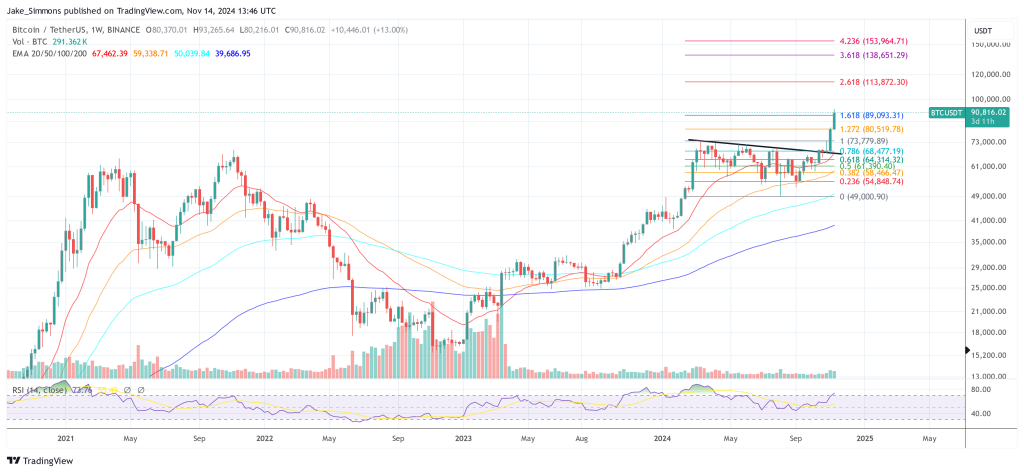


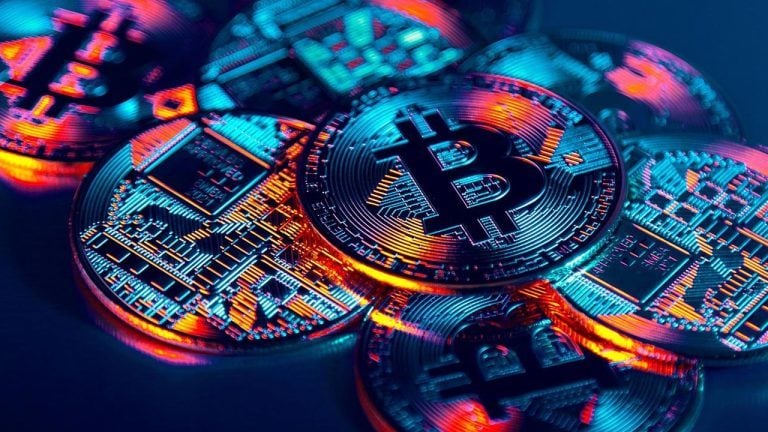
Comments